For the past few months, as I make the fifteen-minute walk between my residence and my office in Edinburgh, I have interacted with a particular pedestrian crossing. You know the kind with a button which we are supposed to dutifully press and then wait until the signal (here in the form of a somewhat generic, slim, green, male stick figure) gives us permission to cross the road? Some enterprising individual has taken this ubiquitous element of the Edinburgh cityscape and added their social commentary, in the form of a sticker reading ‘press the button to experience sense of agency.’ And this got me thinking…
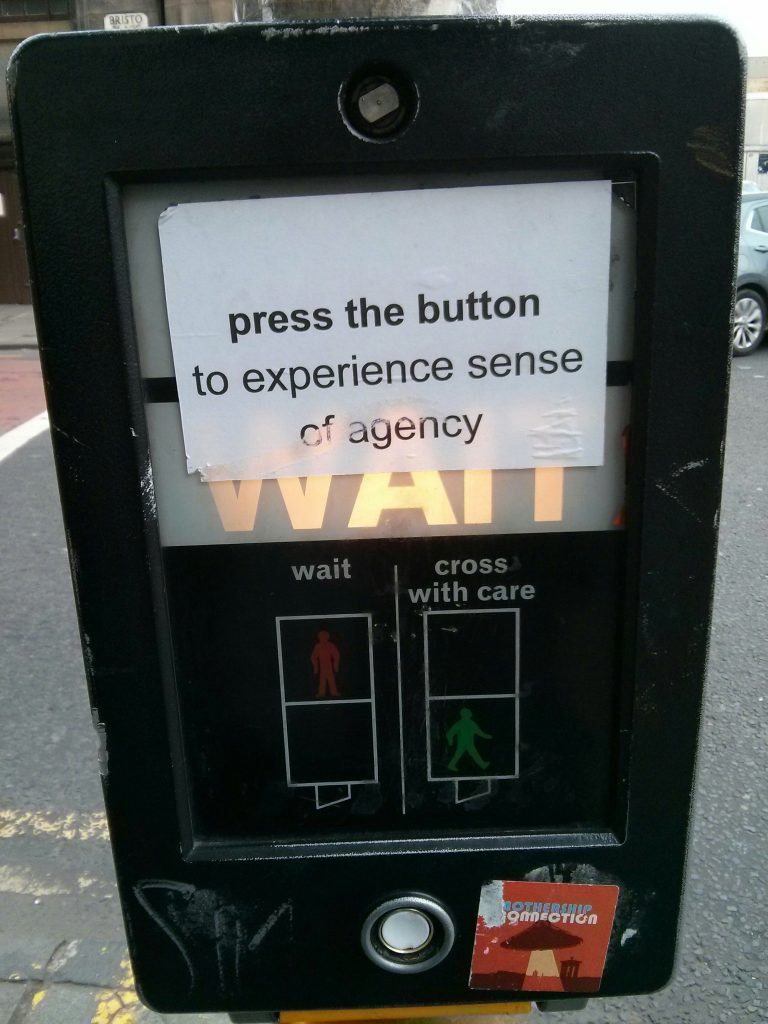
Many of the buttons that we are routinely invited to press as we go about our lives — from door close buttons in elevators to office thermostats — don’t actually work, but are artifices serving only to provide that experience of a sense of agency. Indeed, according to the BBC, ‘Edinburgh has roughly 300 traffic junctions of which about 50–60 are junctions where the green man comes on automatically.’ And this is the case in many other cities across the world. These buttons sometimes work, sometimes don’t, never work, work at varying intervals at different times, and so on. Of course, this doesn’t mean that the buttons aren’t ‘working’, but that they are doing a different sort of ‘work’ than what we might first expect. They provide a sense of agency. This is not unlike the ‘work’ done by social surveys. Continue reading “Answer this question to experience sense of agency”


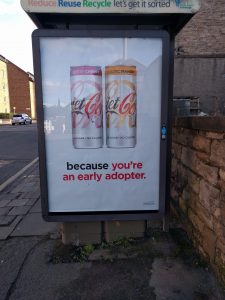


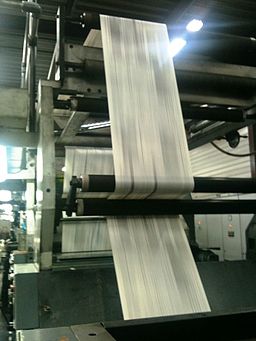
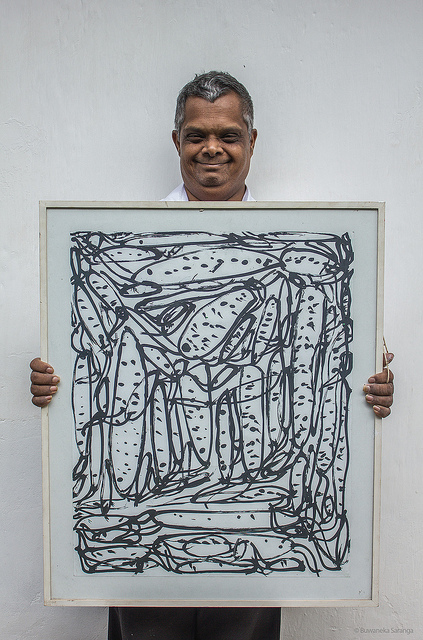


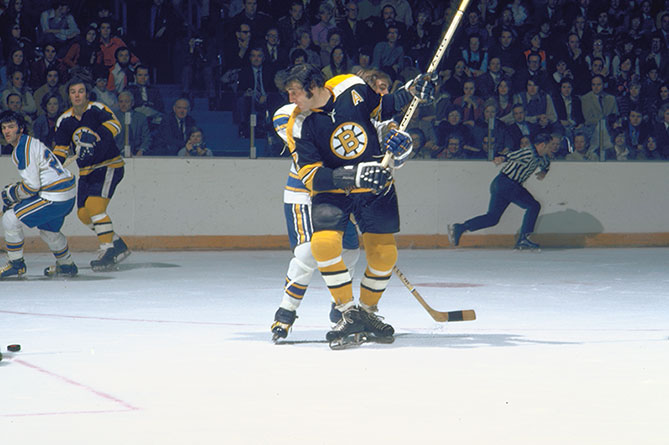 Growing up in Canada, you were likely a hockey fan; no different than how baseball is the so-called American pastime, in the Canada where and when I grew up it was hockey. Living near Toronto, the odds were pretty good that you’d be a Toronto Maple Leafs fan. And back then, there weren’t too many teams in the league, so you probably felt a rivalry with pretty much everyone, since you were able to tell stories about pivotal wins and loses to each.
Growing up in Canada, you were likely a hockey fan; no different than how baseball is the so-called American pastime, in the Canada where and when I grew up it was hockey. Living near Toronto, the odds were pretty good that you’d be a Toronto Maple Leafs fan. And back then, there weren’t too many teams in the league, so you probably felt a rivalry with pretty much everyone, since you were able to tell stories about pivotal wins and loses to each.